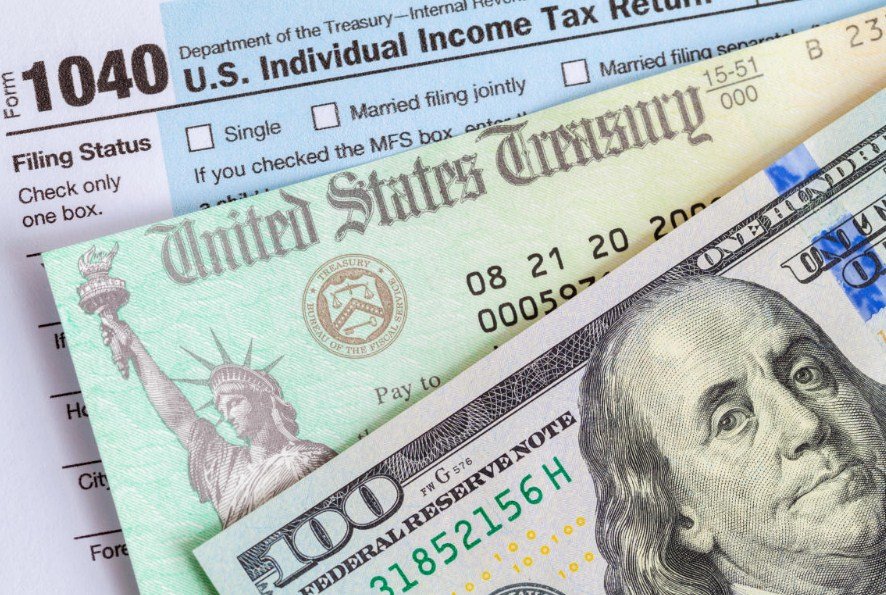The Internal Revenue Service (IRS) has announced that it will delay the implementation of a new tax reporting rule that would affect millions of Americans who use online payment platforms such as Venmo, PayPal, eBay, Etsy, and Poshmark. The rule, which was part of the American Rescue Plan Act of 2021, would require these platforms to issue a Form 1099-K to users who receive more than $600 in payments for goods or services in a calendar year. The rule was supposed to take effect from January 1, 2023, but the IRS has decided to postpone it for one year, citing concerns from taxpayers, tax professionals, and industry stakeholders.
Why the delay?
The IRS said that it received feedback from various parties regarding the timeline and impact of the new reporting rule, which was intended to improve tax compliance and revenue collection. The agency said that it wanted to “help smooth the transition and ensure clarity for taxpayers, tax professionals and industry” and “provide more time for taxpayers to prepare and understand the new reporting requirements.” The IRS also said that it will issue additional guidance and frequently asked questions for taxpayers who may have already received a Form 1099-K as a result of the rule change.
The new reporting rule was expected to generate more than $8 billion in additional tax revenue over the next decade, according to the Joint Committee on Taxation. However, it also raised concerns about the privacy and security of users’ personal and financial information, as well as the potential for confusion and errors in reporting and filing taxes. Some tax experts and advocates also argued that the rule was unfair and burdensome for small businesses and individuals who use online platforms to sell goods or services as a side hustle or hobby.
What does it mean for users?
The delay means that users of online payment platforms will not receive a Form 1099-K for the 2022 tax year unless they meet the previous threshold of more than 200 transactions and more than $20,000 in payments in a calendar year. However, this does not mean that they are exempt from paying taxes on their income from online sales or services. Users are still required to report and pay taxes on their net income from these activities, regardless of whether they receive a Form 1099-K or not. Users should keep track of their income and expenses related to their online activities and consult a tax professional if they have any questions or doubts about their tax obligations.
The IRS also clarified that the new reporting rule does not apply to personal transactions, such as sharing the cost of a car ride or meal, sending gifts or paying household bills. These transactions are not considered income and are not subject to tax reporting or withholding. However, users should be careful not to mix personal and business transactions on the same platform or account, as this could complicate their tax situation and expose them to potential audits or penalties.
What’s next?
The IRS said that it will use the one-year transition period to work with the online payment industry and other stakeholders to address the issues and challenges related to the new reporting rule. The agency also said that it will provide more education and outreach to taxpayers and tax professionals to help them understand and comply with the rule. The IRS expects that the new reporting rule will take effect from January 1, 2024, for the 2023 tax year, unless Congress decides to modify or repeal it.
The new reporting rule is part of a broader effort by the IRS and the Biden administration to close the tax gap, which is the difference between the taxes owed and the taxes paid by taxpayers. The tax gap is estimated to be around $600 billion per year, and could grow to $7 trillion over the next decade, according to the IRS. The IRS has requested more funding and resources from Congress to enhance its enforcement and compliance capabilities, especially for high-income and corporate taxpayers. The IRS has also proposed to expand the reporting of bank account information and cryptocurrency transactions, among other measures, to improve tax transparency and accountability.

